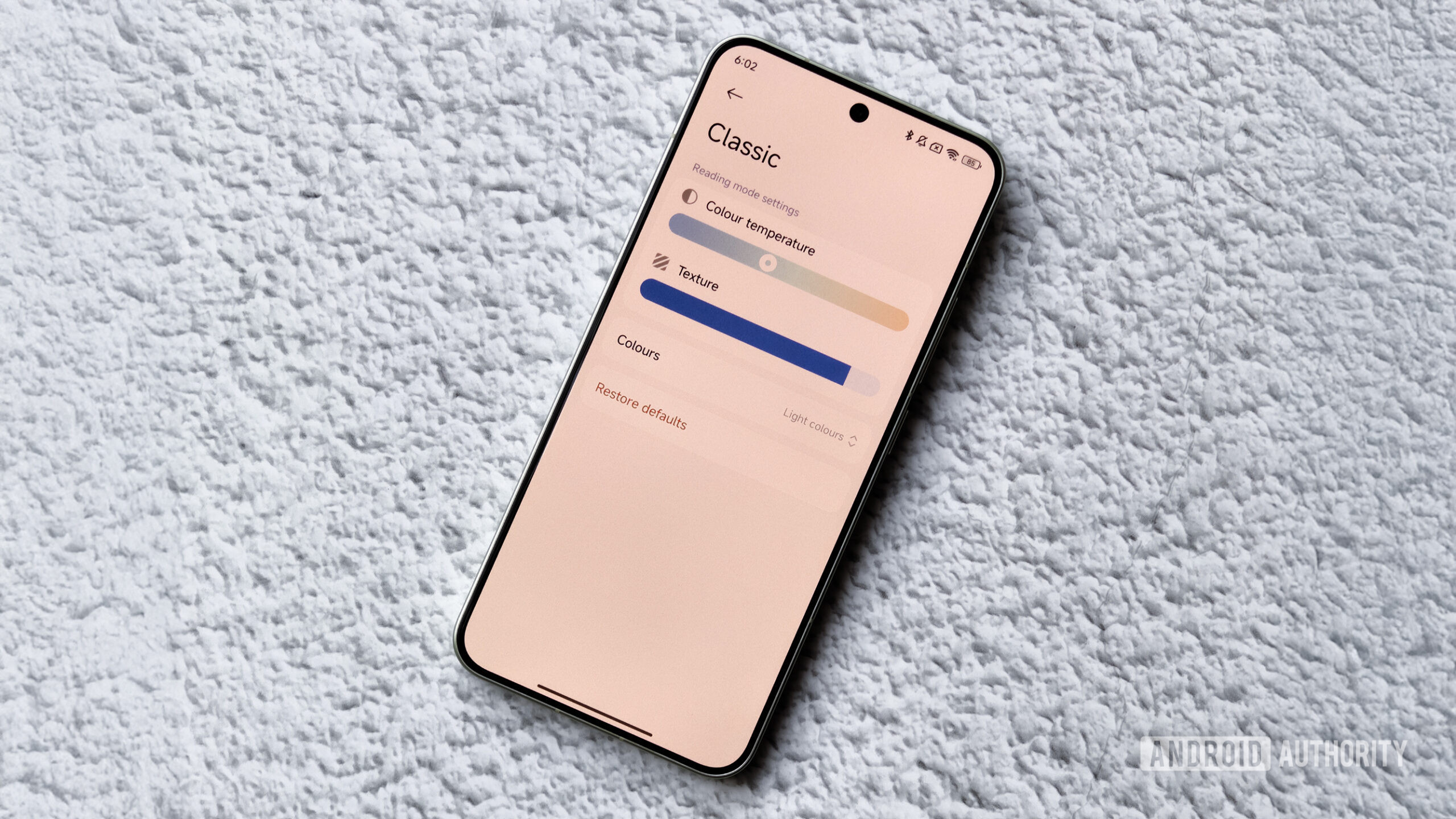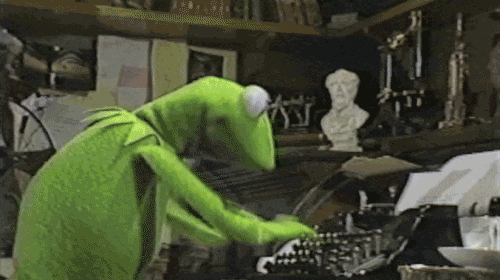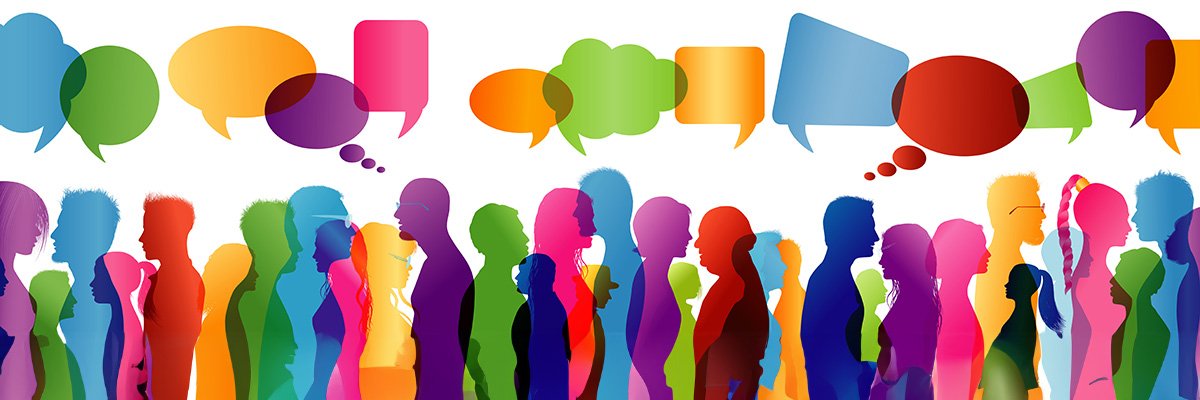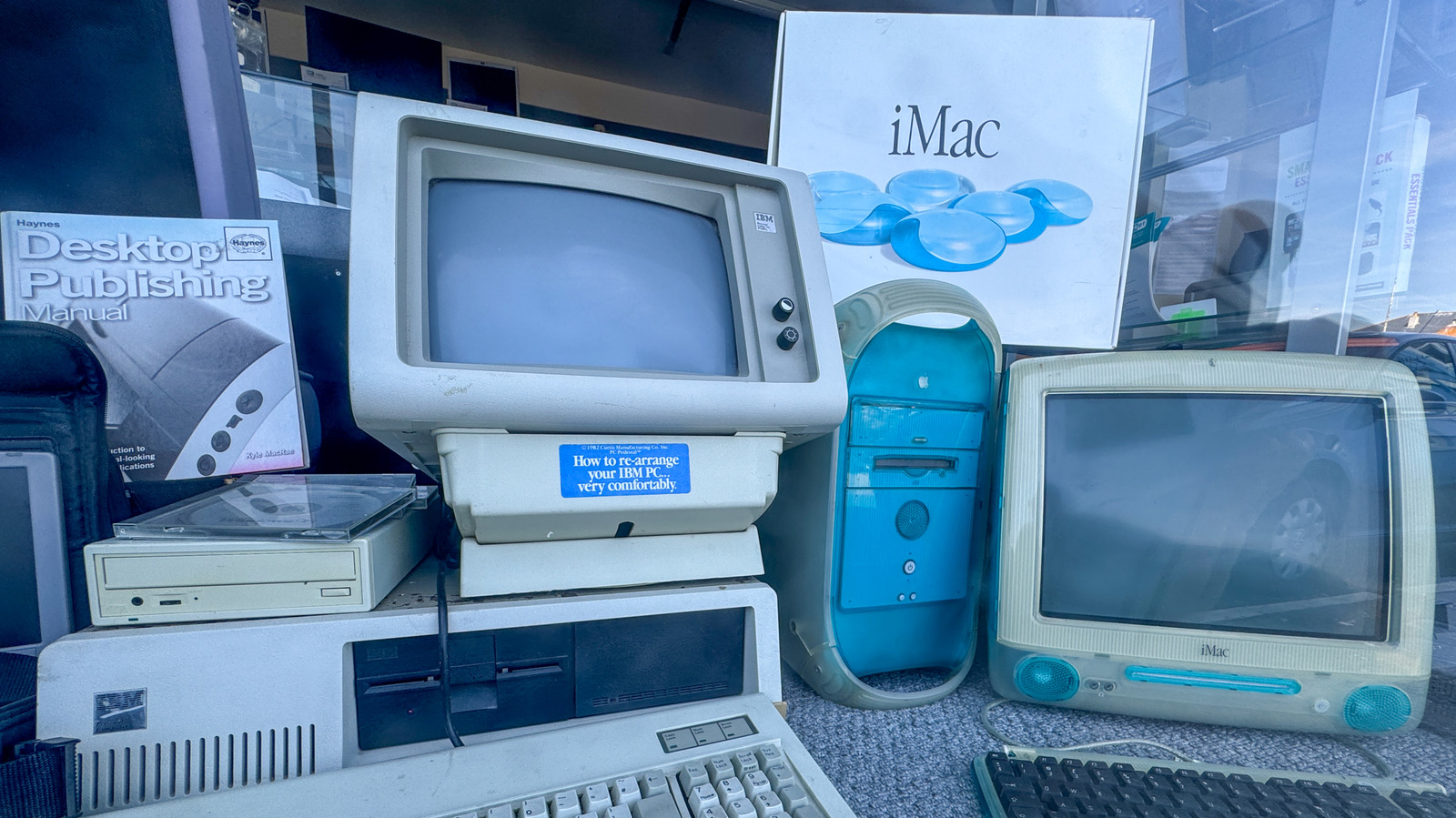C. Scott Brown / Android Authority
TL;DR
- A study found no clear link between bedtime phone use and poor sleep in adults.
- Both regular and occasional bedtime scrollers reported better sleep than moderate users.
- Researchers say age and how you use your phone may matter more than blue light itself.
For years, we’ve been warned to ditch our phones well before bedtime, with experts saying the blue light is likely to be detrimental to our sleep quality. Turns out, you might not have to feel so guilty about that final scroll after all.
The research team from Toronto Metropolitan University (TMU) and Université Laval surveyed over 1,300 adults across Canada, asking about their bedtime screen habits and how well they slept. After adjusting for age, income, and gender, the overall pattern remained the same, suggesting that phone use alone might not be the primary issue.
Don’t want to miss the best from Android Authority?


Aside from the potential good news for chronic scrollers, that odd curve in the data is what makes the results so interesting. Regular bedtime screen users, defined as five or more nights a week, showed the best sleep timing and daytime alertness. Occasional users, who rarely looked at screens before bed, topped the charts for sleep satisfaction and consistency. The in-between group came off worst across several measures. That might suggest that consistency in bedtime habits, whether you use your phone or not, plays a role, though more research is needed.

Tushar Mehta / Android Authority
Colleen Carney, a professor at TMU who studies sleep and mood disorders, said, “The previous coverage of blue light has not factored in age, timing, and intensity of the blue light exposure when making sweeping generalizations about this research.” She also noted that teens may be more sensitive to light, while adults tend to be less affected as eyes become less light-sensitive with age.
The team also pointed out that how you use your phone matters: a calming meditation app is not the same as doomscrolling your inbox or social feed.
The findings don’t necessarily give you a free pass to stay up until 3 AM on TikTok, but the focus on tools to reduce strain, like grayscale and Bedtime Mode, might not be as important as we thought.
The research wasn’t conducted in a clinical setting, and more will undoubtedly follow. However, you don’t need to wait for further findings to work out the truth in your own life. Carney suggested a simple at-home test for the curious: track your sleep for a week as usual, then try another week without screens before bed. If nothing changes, your phone might not be the culprit after all.
Thank you for being part of our community. Read our Comment Policy before posting.







